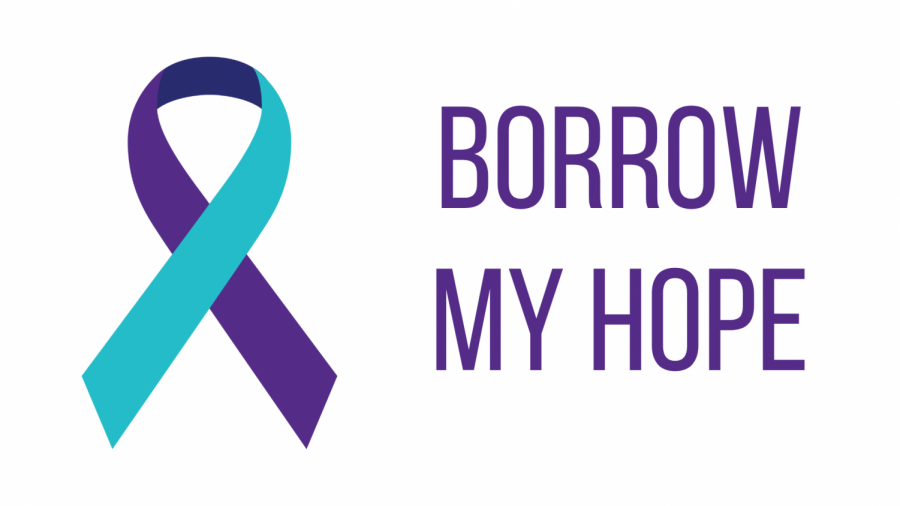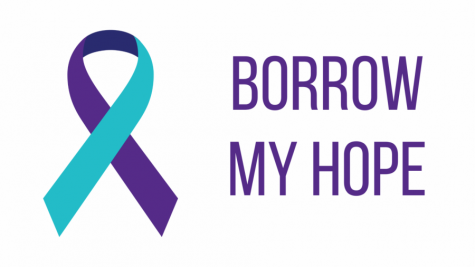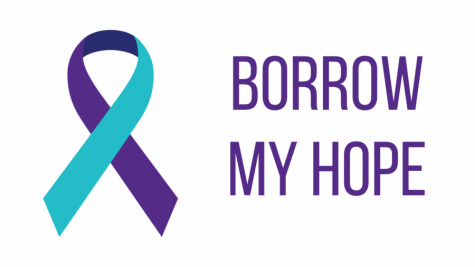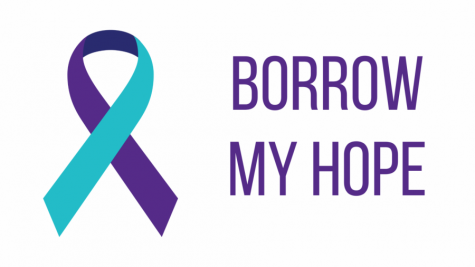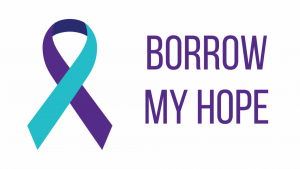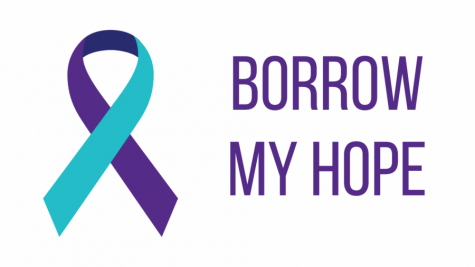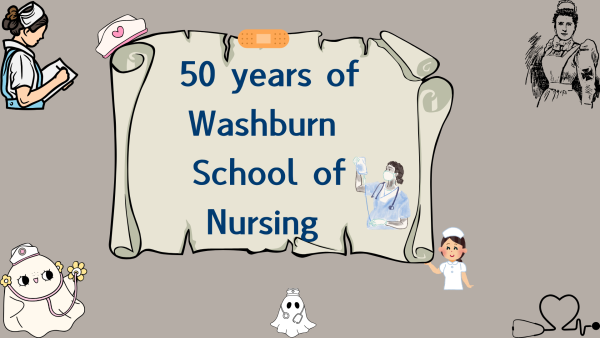Borrow my hope: The “selfishness” myth in suicide
The teal-and-purple ribbon commemorates lives lost to suicide.
It’s bewildering that it persists to this day. It’s not just harmful, it makes a situation worse. I’m talking about the myth that gets propagated that suicide is a selfish act and that those with suicidal ideation are being selfish.
In essence, this myth posits that those with suicidal thoughts are only thinking of themselves and aren’t bothering about the impact that suicide would have on their friends, family, and other loved ones.
As this Healthline article discusses, people facing suicidal ideation often do take into consideration what their actions might lead to.
In addition, considering the taboo on speaking about mental health problems and suicidal thinking, these people are already going through the isolating task of keeping their problems quiet. Societal norms have boxed them into a lose-lose situation–they either never talk about their problems and can’t get help for what they’re facing, or they end their lives and are criticized as being selfish.
Suicide isn’t about a lack of conscientiousness, far from it: indeed, one potentially helpful distinction to understand is that those with suicidal thoughts don’t want to die, they want their pain to end.
How can we end this dangerous myth that suicide is about selfishness?
A good practice is to avoid casting any kind of blame on someone who has ended their life or has expressed suicidal thoughts. “Don’t you understand how this would make us feel?” is the exact opposite of helpful. So is “Why don’t you think about the impact of this on others,” and “You’re only thinking about yourself here.” Phrases like those are going to shut down a potentially life-saving conversation.
Instead, keep an empathetic focus on the person going through the pain. They’re showing a lot of bravery by reaching out to you, and they deserve support and care.
A useful phrase might be “I imagine this must be so hard for you to be dealing with for so long,” or, “I appreciate you reaching out to me about this. Vulnerability like that takes courage.”
Expressions like those can open up a conversation instead of prematurely ending it. In addition, they show you genuinely care about the person with suicidal thoughts rather than caring more about the impact or consequences.
Don’t forget another step you can take is to educate others. We can all do more to end this idea that suicide somehow is about “only thinking about ourselves.” Once this myth is removed, people can feel more open with expressing themselves about suicidal ideation, which means lives can be saved. That’s a beautiful thing.
Your donation will support the student journalists of Washburn University. Your contribution will allow us to purchase equipment and cover our annual website hosting costs.



